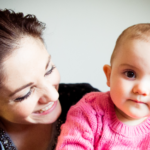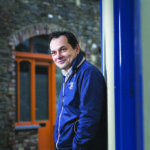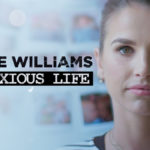Published: alustforlife.com
Author: Dr. Malie Coyne
In the third part of our series on how to mind yourself, we ask clinical psychologist and friend of A Lust For Life Dr Malie Coyne about how she takes care of herself and her mental health.
If you’d like to read more about self-care, here’s the first and second part of our series.
Malie, what does self-care mean to you?
Self-care is all about nurturing yourself so that you are able to give of yourself to the many areas of your life. It is often said that “you can’t pour from an empty cup” which is 100% true. Unfortunately self-care is the one aspect that I see many people not prioritising which is often because they may not have a template for self soothing developed as they were growing up.
















